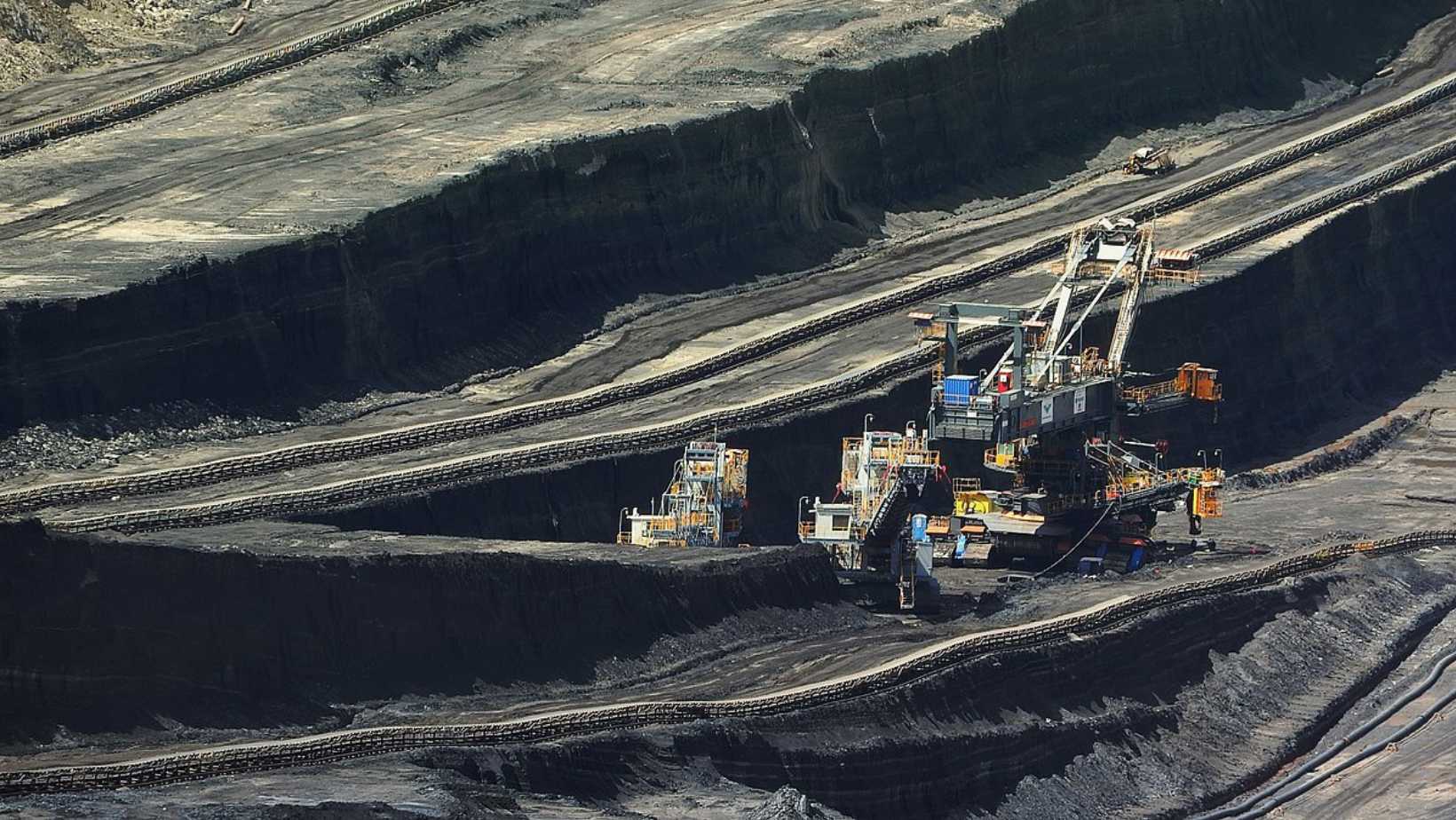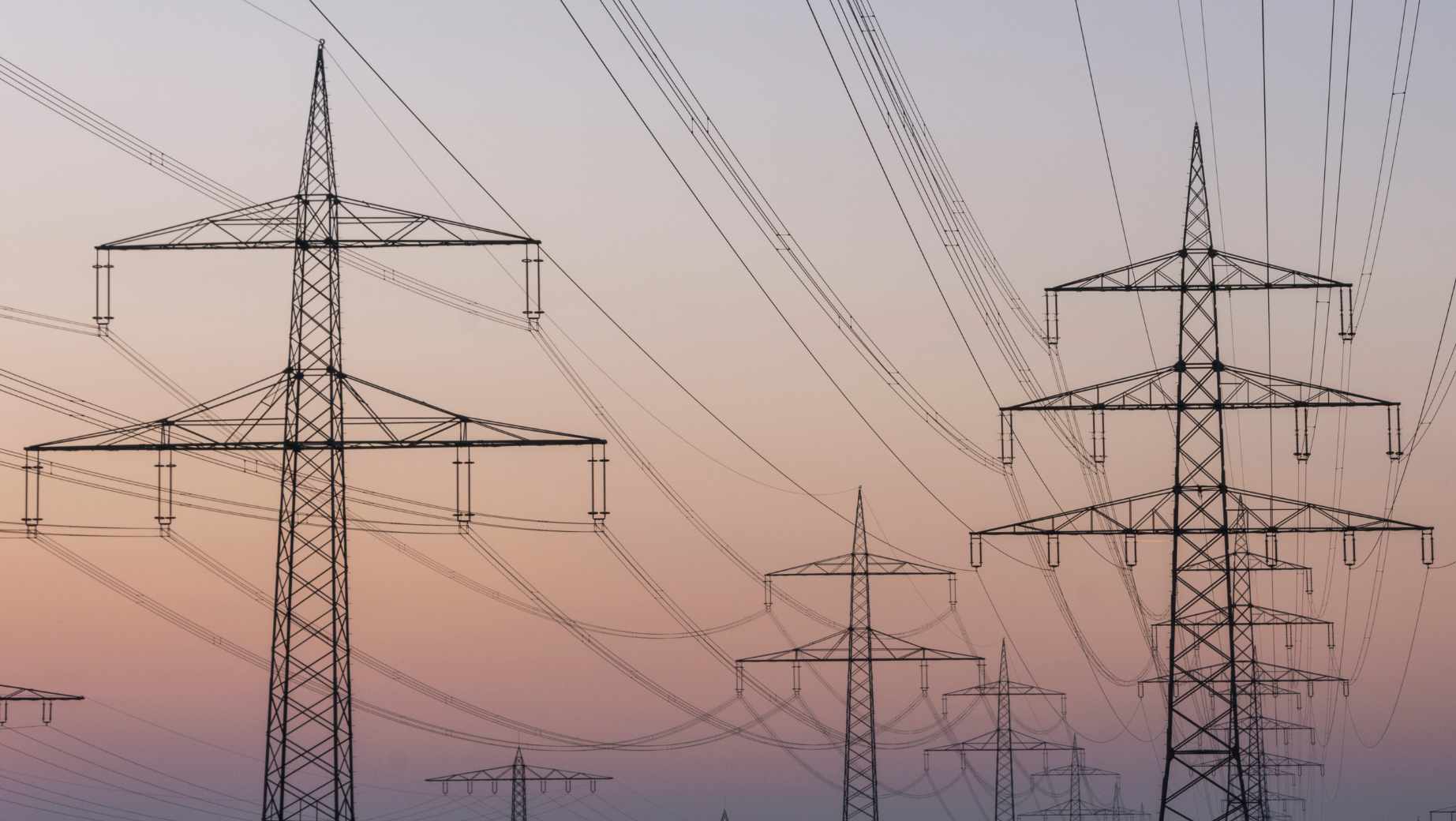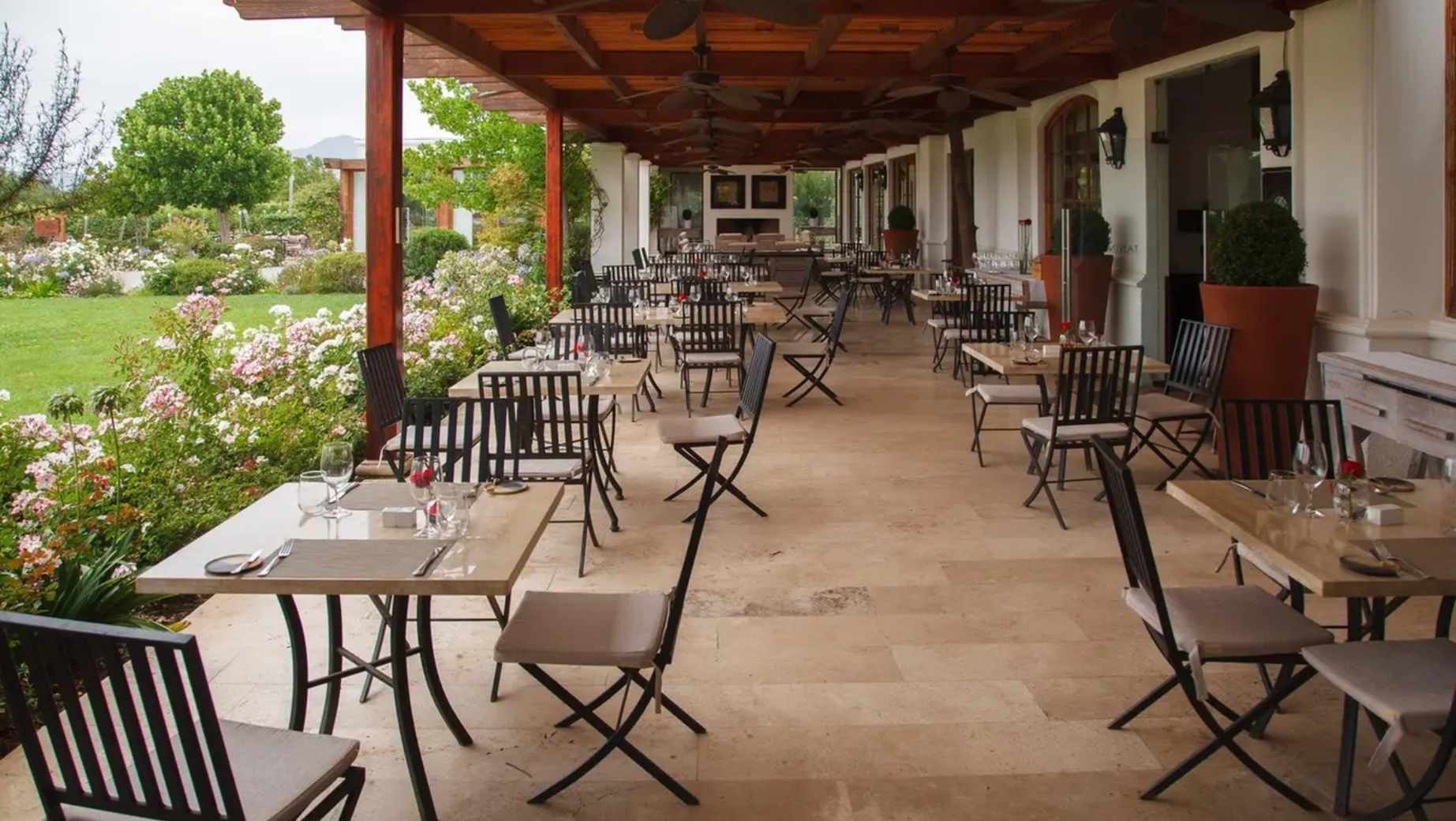Czech Republic Wants to Phase Out Coal by 2033
Prague Morning

The Czech government has committed to phasing out coal-fired power generation by 2033, a step in line with Europe’s broader push for cleaner energy.
Some of the country’s oldest coal-fired power plants are already making the transition, with the Opatovice lignite power plant aiming to end coal use by 2030 at the latest. However, the chosen alternative—natural gas—has sparked debate.
Although natural gas produces fewer emissions than coal, it remains a fossil fuel. Critics argue that relying on gas only prolongs dependency on carbon-based energy sources, contradicting the goal of reducing greenhouse gas emissions.
The European Union aims for climate neutrality by 2050, with a milestone of cutting emissions by at least 55% by 2030 compared to 1990 levels. The EU’s “Fit for 55” policy drives this transition, mainly through emissions trading, making coal power increasingly unprofitable.
Funds generated from emissions trading are channeled into the EU’s Modernisation Fund, which supports lower-income member states in shifting towards cleaner energy.
Since 2021, the fund has distributed €15.5 billion, with Czechia, Romania, and Poland receiving the largest shares. In December, the fund allocated another €130 million for Czechia’s coal phase-out, with much of the money going toward natural gas projects and waste-to-energy infrastructure.
However, environmental groups are raising concerns. CEE Bankwatch reports that Czech plants near Vrato and Opatovice have received nearly €350 million in subsidies from the Modernisation Fund.
In Pardubice, local environmental committee member Robert Hrdina acknowledges that gas is cleaner than lignite but worries about energy security. “Our district heating still depends on the Opatovice plant, where burning lignite releases harmful emissions. Switching to gas will improve air quality, but it ties us to foreign energy imports,” he explains.
Hrdina also believes more focus should be placed on improving energy efficiency. “Many apartment buildings in my district still lack thermal insulation, even though proper insulation could reduce energy consumption by 50%. This should be our main priority,” he says.
As Czechia moves toward a coal-free future, the debate continues over whether natural gas is a short-term fix or a step in the wrong direction.
Would you like us to write about your business? Find out more
-
NEWSLETTER
Subscribe for our daily news









